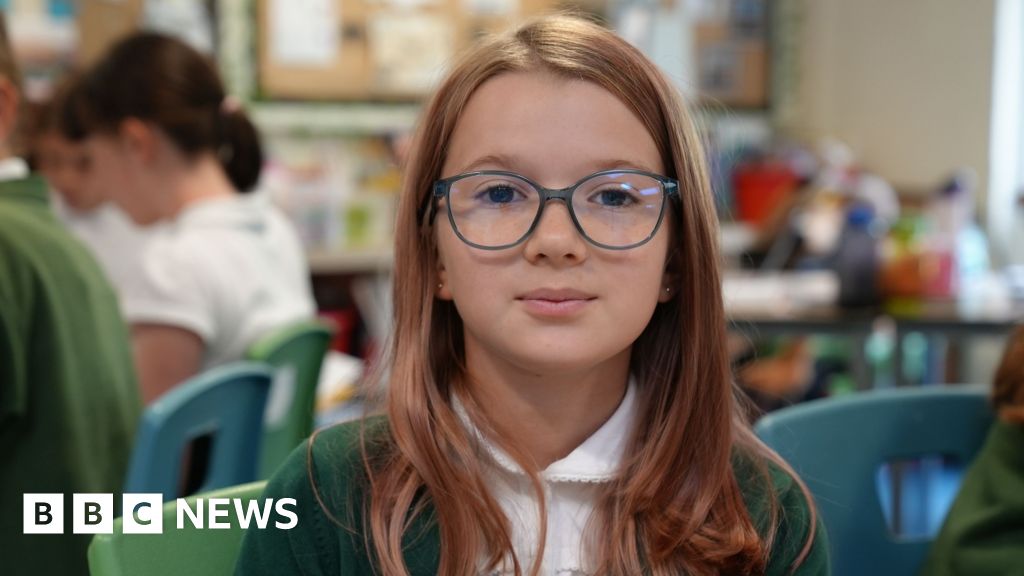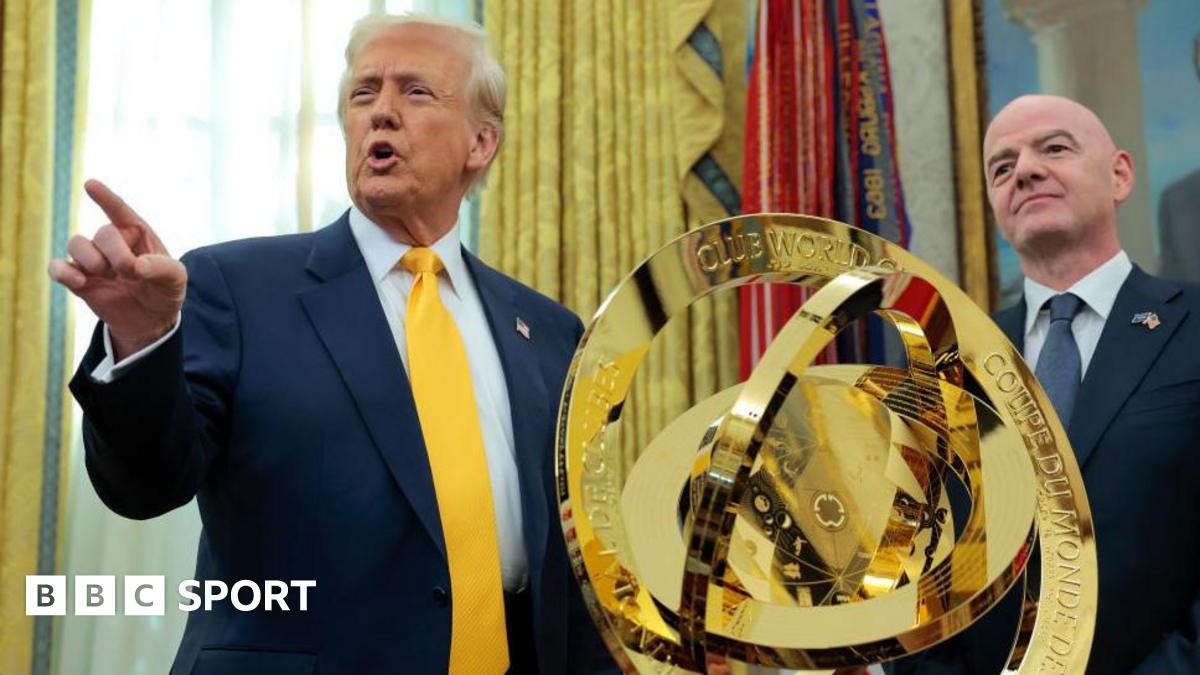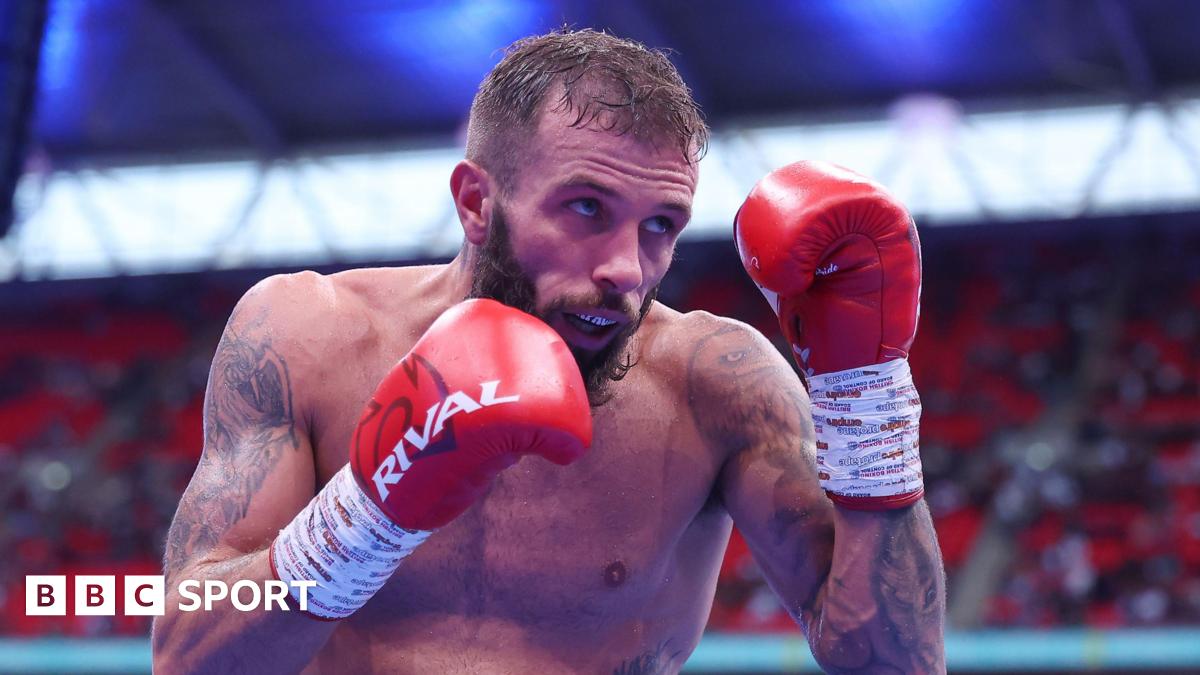The US’s Republican-controlled House of Representatives passed president Donald Trump’s $9bn funding cut to public media and foreign aid early on Friday, sending it to the White House to be signed into law.
The chamber voted 216 to 213 in favor of the funding cut package, altered by the Senate this week to exclude cuts of about $400m in funds for the global PEPFAR HIV/Aids prevention program.
Only two House Republicans voted against the cut – representatives Brian Fitzpatrick from Pennsylvania and Mike Turner from Ohio – along with Democrats.
“We are taking one small step to cut wasteful spending, but one giant leap towards fiscal sanity,” said representative Aaron Bean, a Florida Republican.
House minority leader Hakeem Jeffries countered that the funding cut “undermines our ability to keep our people safe here and to project America’s soft power all over the globe”, and argued rural Americans’ access to emergency information on public radio will be diminished.
The funding vote was delayed for hours amid Republican disagreements about other legislation, and calls from some members of the party for more government transparency about the deceased convicted sex offender and disgraced financier Jeffrey Epstein.
To satisfy the Epstein-related concerns without holding up the funding cut bill any longer, Republicans on the House rules committee introduced a resolution that calls for the release of Epstein documents by the US attorney general within 30 days.
“It’s a sound, good-faith resolution that ensures protections for victims and innocent witnesses,” said representative Virginia Foxx from North Carolina, the Republican leader of the rules committee.
But the top Democrat on the rules panel, representative Jim McGovern from Massachusetts, blasted the resolution as a “glorified press release” because it lacks an enforcement mechanism to make the Justice Department comply.
When the chamber finally voted on the funding cut, it was the second close House vote on Trump’s request to claw back the funds previously approved by Democrats and his fellow Republicans in Congress.
In June, four Republicans joined Democrats to vote against an earlier version of the rescissions package, which passed 214-212.
House Republicans felt extra pressure to pass the Senate version as Trump’s administration would have been forced to spend the money if Congress did not approve the cuts by Friday.
The $9bn cut is a small fraction of the country’s $6.8tn federal budget.
Republicans say the foreign aid funds previously went to programs they deem wasteful, and they say the $1bn in public media funding supports radio stations and PBS television, which they claim are biased against conservative viewpoints.
Prior to the vote in the House, the legislation, known as a rescissions package, was approved by a narrow margin of 51 votes to 48 in the Senate. All Democrats opposed the bill.
This week’s funding clawback represents only a tiny portion of all the funds approved by Congress that the Trump administration has held up while it has pursued sweeping cuts.
Democratic lawmakers say the administration has blocked more than $425bn of spending approved by Congress since Trump’s second term began in January.

 4 months ago
52
4 months ago
52








 English (US) ·
English (US) ·